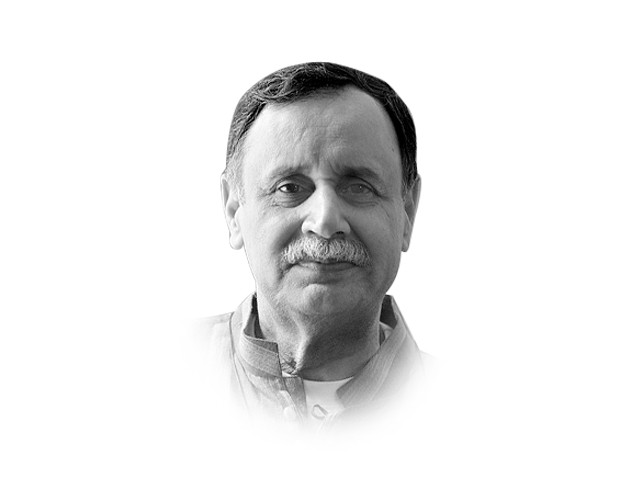Reconstitute the Election Commission of Pakistan — II
ECP needs its own internal audit, accountability process, not wait for external complaints to review performance.

The ECP must come out of its lethargic mode of acting only when a violation is reported. It must create its own pro-active processes for conducting scrutiny of candidates and monitoring of the election practices. Professional firms could be hired to help develop these procedures. Systems should be devised as to how different departments responsible for verification of assets, tax payments, degrees, criminal records, payment of bills, etc could come together to perform this crucial task. A simple process flow chart must be developed, rehearsed and advertised for the sequence and steps involved in the verification cycle — something that our ECP is so vehemently unenthusiastic about.
Public awareness programmes must be developed and massively advertised on issues like the rights and duties of voters, false declarations by contestants and infringement of the election rules. Videos be made on these topics and repeatedly shown on all TV channels. The awareness programmes should also include what the voters need to do (and not do) on the day of voting along with the details of each step of the voting process.
Ostentatious election displays, graffiti, noisy campaign convoys, blaring loudspeakers, display of weapons, wall-writings and posters on public and private property must be banned. A system of free short code SMS (such as 8400) be introduced to enable citizens to report violations. All such reports must be logged on a central computer, investigated immediately and the contestant disqualified if found guilty. All this is now easily possible by using basic communication and computer technology — something that our ECP ought to adopt immediately.
Needless to repeat that there should be no elections without the use of smart ID cards, biometric verification and Electronic Voting Machines (EVMs). There is no dishonor in buying, borrowing or renting 50,000 or so tried and tested EVMs from the next door neighbour. While following the ‘Proportional Representation’ system, the focus of debate should be shifted from individuals to the party manifestos. There should be a minimum membership requirement for a party (say 100,000 or any other reasonable figure) below which it should not be eligible for elections.
Many political parties in Pakistan have evolved into dynastic, dictatorial or cult-like organisations. The electoral system must enforce that only those parties are eligible for elections, who hold their own regular internal elections to elect their office bearers. The maximum term of the office-bearers must not exceed two successive terms of three years, after which they must retire for at least one term before being eligible to contest another party election. In order to eliminate dynasties and fiefdoms, no political party must be allowed to bestow designations such as life president or life chairman on anyone in the party.
Each party should have a prescribed annual membership fee, which should be as low as possible to sustain its organisational expenses and be within the means of an average Pakistani. The annual accounts of every party must be audited by a firm of reputed chartered accountants to qualify a party to be ‘in good standing’ and be eligible to contest elections. Such firms of chartered accounts should be appointed by the ECP, paid out of the national exchequer and be rotated each year to avoid any personal bondage between a party and the professionals. The auditors must ensure that the income of the party is only from the membership fees and not from donations by any hidden internal or external hands.
Conducting elections is essentially an executive exercise and must not be delegated entirely to serving or retired judges. The ECP needs to create its own internal audit and accountability processes, and not wait for external complaints to review its performance. It is surprising that not a single ECP official has been held responsible for the long list of blunders that it has accumulated over the past several elections. It may be best for the ECP members as well as the Parliamentary Committee on Electoral Reforms to study the functioning and performance of the Indian Chief Election Commissioner, TN Seshan (1990-1996). Revered for his honesty, integrity and extraordinary work as the Chief Election Commissioner of India, Seshan could be someone we can all learn from.
Published in The Express Tribune, September 2nd, 2014.
Like Opinion & Editorial on Facebook, follow @ETOpEd on Twitter to receive all updates on all our daily pieces.












COMMENTS
Comments are moderated and generally will be posted if they are on-topic and not abusive.
For more information, please see our Comments FAQ